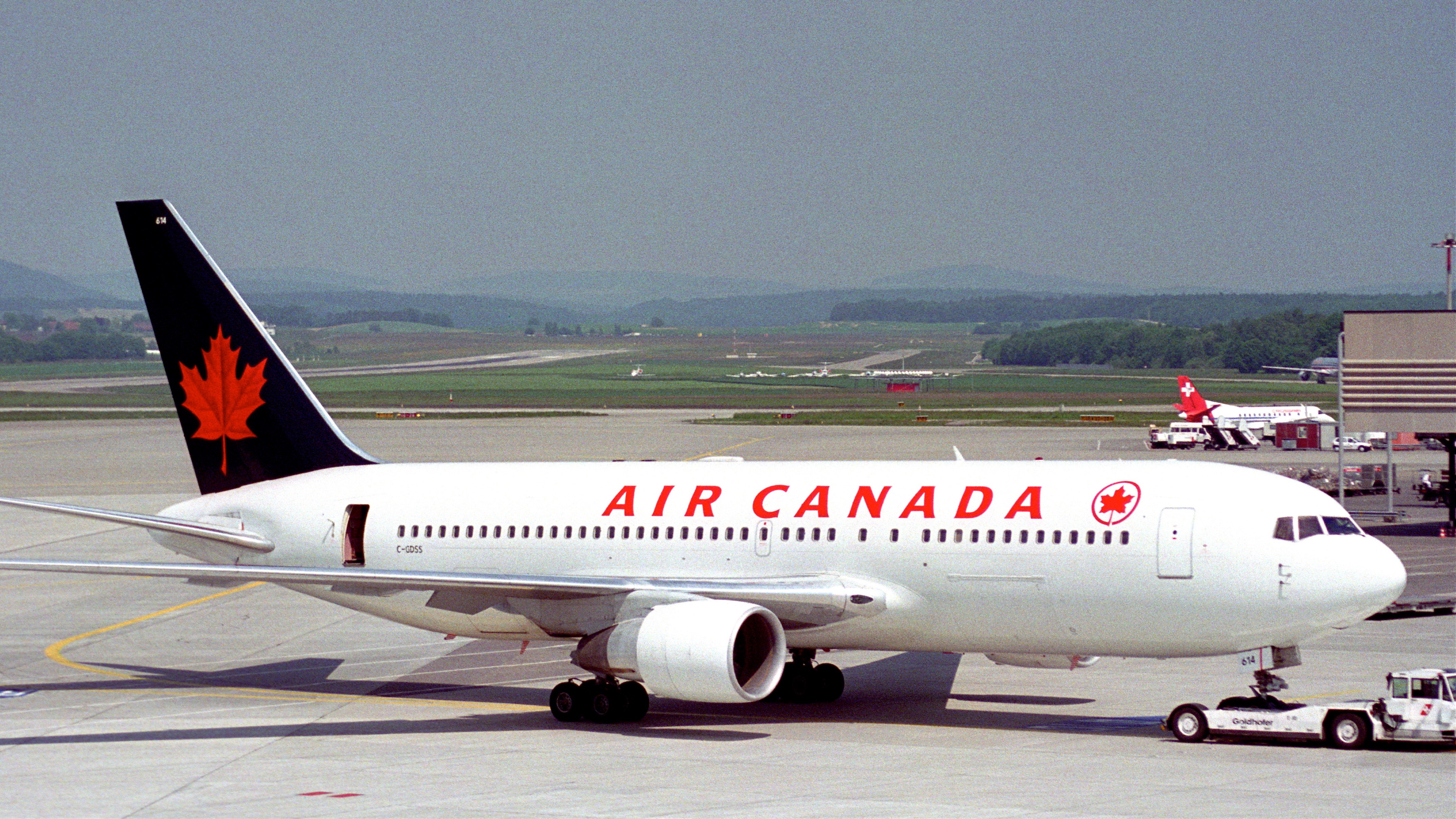Some of the best-performing stocks on the market over the past few years are airlines. Many of those airlines have registered growth rates of 400% or more over the past five years, and some, such as Air Canada (TSX:AC)(TSX:AC.B) have fared even better.
Despite that well-known fact, many investors choose to avoid airline stocks, primarily owing to their high costs.
Think about that for a moment.
The cost of an aircraft can be upwards of US$100 million, and airlines often have fleets of dozens of aircraft. In the case of Air Canada, one of the largest airlines in the world, the company has a fleet of nearly 200 aircraft. Then there’s the highly specialized crew for each aircraft, ground crew at both the departing and arriving airports as well as landing fees, maintenance crews, and countless other costs.
When you throw in the uncertainty over long-term fuel costs as well as the impact of a fluctuating loonie, airlines may resemble risky investments for some investors.
Fortunately, Air Canada’s quarterly results provide a different view of that stereotype.
Air Canada’s Q1 2018 results
Air Canada announced results for the first fiscal of 2018 last month, which saw the airliner post a loss of $14 million on revenue of $4.071 billion. Despite the loss, it was a significant improvement over the $30 million loss reported in the first quarter of 2017 last year.
The first fiscal is typically the most difficult for airlines, with improved results typically following in subsequent quarters. Still, there were several notable improvements from the quarter, which will provide lift for the company throughout the rest of the fiscal.
Passenger revenue hit a record of $3.5 billion, thereby surpassing the figure from the same quarter last year by an impressive 11.8%. Traffic growth also saw an uptick of 11.4% in the quarter, which surpassed a capacity increase of 8.6%.
That strong growth is likely to continue as Air Canada continues to focus on new international routes, modernizing its fleet and growing Rouge, its low-cost subsidiary.
Is Air Canada a good investment?
The past five years have been incredible for shareholders of Air Canada. The stock has surged nearly 800%, and the company has executed its turnaround strategy without issue. But there were other factors weighing in on that stellar performance, however. Fuel costs, which constitute nearly a third of Air Canada’s expenses have remained low, at least until their latest shifts. A weak loonie, which has also helped Air Canada over the past few years, is steadily gaining in strength too.
As a result, over the next few quarters, we should begin to see a steady slowing in revenue growth as Air Canada’s costs begin to creep upwards.
The airline business as a whole is cyclical, with periods of prosperity and expansion followed up with a period of contraction. Air Canada has been operating under one of the longest periods of prosperity and expansion ever witnessed in the airline sector.
Air Canada has wisely invested during that time in a newer and more efficient fleet, adding new routes and instituting cost-cutting measures across the board.
Investors considering Air Canada as an investment should do so knowing that while the company remains a stellar investment option now, steadily increasing oil prices, a stronger loonie, and a shift in the overall market may soon end Air Canada’s current run of record-breaking growth.








